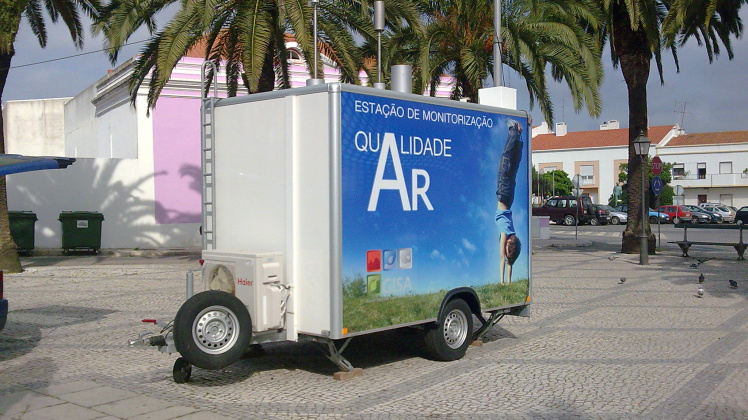About
Completed
| A pioneering project in Portugal designed to assess the impact of environmental air pollution on birth weight and gestational age at birth in Coastal Alentejo region where a major industrial park is located. The main purpose of the project was to provide regional stakeholders with tools to manage and reduce the environmental impacts of air pollution on health. The project had impact in local communities by engaging them to environmental issues, since the software tool developed to provide information on industrial air pollutant emissions is free access through the website (http://apps.gisaproject.org/GISA), where is possible to consult legislation, elaborate analysis based on available data, and verify compliance with emission limit values or with frequency of monitoring. To monitor air quality, measurements were taken with conventional and non-conventional physical devices, and with lichens (living organisms). The latter were calibrated with physical devices and results showed they offer alternative and cost-effective ways to measure air pollution. This is especially relevant in small cities, where conventional monitoring stations are scarce or inexistent due to the high costs. Finally, new insights on geostatistical methods to map air pollution in urban areas and to assess human exposure uncertainty, showed improvements over previous versions, that benefit accuracy and precision of results in spatial and spatio-temporal epidemiology studies. Results detected a potentially increased risk of adverse birth outcomes in specific groups of maternal population. |
Keywords
Environment
Environmental Modelling
Natural and Technological Hazards
Start Date
CERENA Role
Coordinator
Coordinator/Local PI
Integrated Member
Full Professor
CERENA Team
Proponent Institution
CERENA, Portugal
Partners
Instituto Superior Técnico, Portugal
Fundação da Faculdade de Ciências da Universidade de Lisboa, Portugal
Instituto Universitário de Lisboa, Portugal
Instituto de Estudos Superiores de Recursos Naturais, Portugal
Admistração Regional de Saúde do Alentejo, Portugal
Comissão de Coordenação e Desenvolvimento Regional do Alentejo, Portugal
Funding Programme
FCT-UID/ECI/04028/2013
Total Funding
1 200 000,00 €
CERENA Funding
370 000,00 €






